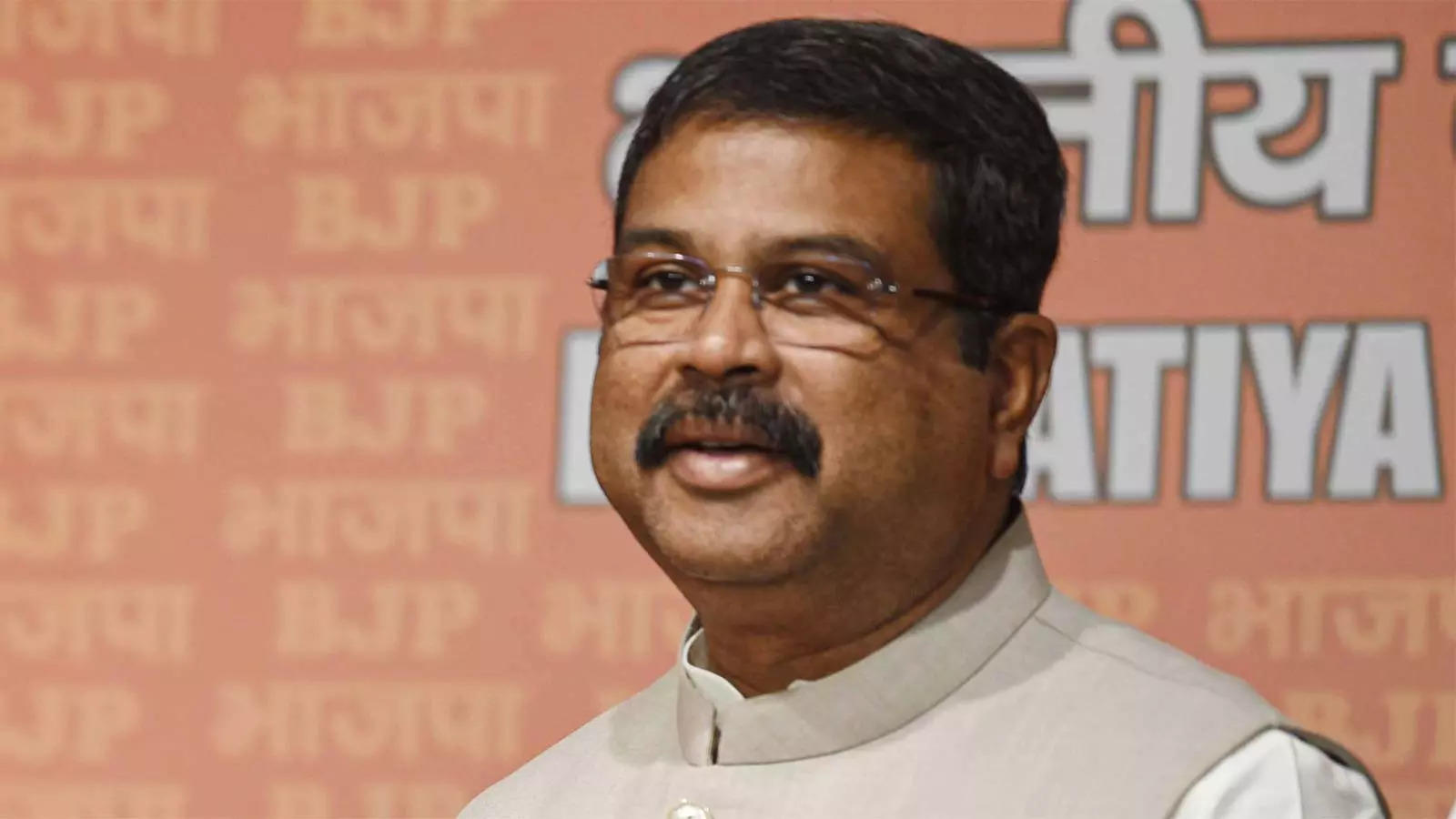In a statement, Pradhan conveyed his disappointment, stating, “Our education system needs evolution, not regression. NEP was a result of years of consultations, reflecting aspirations of all.” He further pointed out that the move revealed what he perceived as the “anti-reform, anti-Bharatiya Bhasha and anti-Karnataka character” of the Indian National Congress (INC).
Pradhan underscored the importance of prioritizing students and their welfare over political considerations. He urged for leadership that values progress and inclusivity, dismissing what he perceived as petty politics.
Karnataka Chief Minister Siddaramaiah had earlier announced the decision to scrap NEP in the state from the next academic year. The CM emphasized his government’s intention to provide education in alignment with the Constitution, suggesting a departure from what he described as the BJP’s adherence to “Manuwad” (a reference to certain caste-based ideologies).
Siddaramaiah, addressing a Congress committee meeting, noted that while NEP implementation had begun in Karnataka, the decision to discontinue it stemmed from the need for proper preparation. He explained that the academic year had already commenced by the time the election results were announced and the government was formed, thus avoiding disruption for students mid-year.
NEP implementation had drawn opposition from students, parents, lecturers, and teachers in Karnataka. Siddaramaiah accused the BJP of sacrificing student interests by adopting NEP ahead of other states. Karnataka had been the first state to implement NEP in higher education, earning criticism from the then-opposition Congress, who labelled it the “Nagpur Education Policy,” linking it to the RSS agenda.
The Congress party had vowed to eliminate NEP in its election manifesto, with the CM subsequently asserting its replacement by a state education policy during the recent budget announcement.


